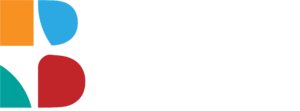The universities in Dublin are well-known for offering top-notch education and are among the best in Ireland and the world. Trinity College Dublin, University College Dublin, and Dublin City University are renowned universities providing a wide range of programs and have a good reputation for research and innovation. Additionally, technological universities in Dublin, like Technological University Dublin, are renowned for their strong emphasis on practical, industry-relevant teaching and for offering specialised programs in engineering, science, and technology.
When assessing the suitability of a particular university, it is crucial to remember that a university’s quality can vary depending on the program or field of study. Therefore, it is advised to conduct additional research and consider your academic goals and preferences.
Check out our Dublin Maths Grinds program to see how we can help you acing your dream university!
In this write-up, we will cover all the required information about the Irish capital’s top-ranking universities so that you can make a right decision about where to enrol. You can also check our guide on Education in Dublin or Schools in Dublin.
4 Best Universities in Dublin
Dublin has a diverse range of universities offering every potential course for third-level, third-stage, or post-secondary education. It is well known throughout the world for being a student-friendly city with top-class facilities and historic surroundings. These institutions have recently succeeded in commerce, technology, and digital innovation.
Four of Ireland’s eight top-ranked universities in the QS World University Rankings for 2023 are as follows:
- Trinity College Dublin (ranked 98, overall score 59.1)
- University College Dublin (ranked 181, overall score 45.6)
- Dublin City University (ranked 471, overall score 25.2)
- Technological University Dublin (ranked 801-1000)
Let’s start with Trinity College Dublin first.
1. Trinity College Dublin (TCD)
Trinity College, the best university in Dublin, founded in 1592, is Ireland’s No.1 University. This renowned university has a long history of offering top-notch, globally recognised education, including online and evening courses in addition to undergraduate and postgraduate
Why Studying at Trinity College is Special?
Trinity is the highest-ranked university in Ireland, according to Times Higher Education World University Ranking, 2022. Let’s see its specific field of ranking areas.
- Internationalisation
- 12th Most International University in the World.
- Employability
According to the QS World University Rankings for Graduate Employability 2022, Trinity is ranked
- 91st in the world for graduate employability.
- Also ranked 1st in Ireland for employer reputation and alumni outcomes.
- Innovation and Entrepreneurship
From the field of innovation and entrepreneurship, Trinity is Ireland’s most innovative university.
- QS Subject Rankings 2022
- 45th in Classics and Ancient History.
- 25th in English Language and Literature.
- 42nd in Nursing.
- 25th in Pharmacy and Pharmacology
- Others
- Trinity has three faculties – Arts, Humanities and Social Sciences; Science, Technology, Engineering, and Mathematics; and Health Sciences.
- Students can avail of over 170 societies and sports clubs.
Entry Requirements
Admission to the university is highly competitive and solely determined by academic merit. In order to be considered for admission, candidates must first fulfil the university’s minimum matriculation requirements, which typically entail possessing sufficient recognised qualifications in English, mathematics, and a second language; the mathematics requirement may be waived if Latin is presented as a second language.
Students from non-European countries like the United States may be admitted directly if they have passed the International Baccalaureate or EU/EFTA tests and meet the minimum entry standards. The highest-scoring applicants will fill the available spots in the order of merit.
| For undergraduate programs, the general admission requirements include: | High school diploma or equivalentMinimum grades in specific subjects, depending on the program of studyEnglish language proficiency (usually demonstrated through a test such as TOEFL or IELTS) |
| For postgraduate programs, the admission requirements may include: | A bachelor’s degree or equivalent from a recognised institutionA minimum grade point average (GPA) in the bachelor’s degreeEnglish language proficiency, if the bachelor’s degree was not taught in EnglishAdditional requirements, such as work experience, may be required for some programs. |
Learn more about applications & admission procedures from here.
Good grades in mathematics are important for admission to Dublin universities as it is often a requirement for many programs and fields of study, particularly in areas such as science, technology, engineering, and mathematics.
Our Dublin Maths Grinds take students’ Maths phobia away and have a set curriculum to ensure they reach their full mathematical potential.
We provide Primary School Grinds, Junior Cert Grinds, Leaving Cert Grinds and Easter Courses.
Start with free classes to feel how our personalised online classes differ.
Tuition Fees
Two key elements will affect the fees you must pay to attend Trinity College Dublin:
- What course are you attempting to enrol in?
- Does Trinity College Dublin regard you as an EU or a Non-EU applicant?
For students from Ireland and the European Union (EU), the annual tuition fee for an undergraduate degree at Trinity College Dublin ranges from roughly €6,000 to €10,000. The yearly tuition for postgraduate studies can range from €10,000 to €20,000.
The link will take you to Trinity College Dublin’s official website, where you can learn more about the university’s tuition costs.
2. University College Dublin
One of the top research-intensive universities in Europe, University College Dublin is among the top 1% of all higher education institutions worldwide. It is Ireland’s largest university, with 9,500 international students from 152 countries.
Rankings
- 92nd in QS WUR Ranking By Subject
- 87th in Graduate Employability Ranking
Available Programs
UCD provides numerous undergraduate and postgraduate programs in various academic fields, such as:
| Undergraduate Programs: | Arts and HumanitiesBusinessEngineeringLawScienceMedicine |
| Postgraduate Programs: | ArchitectureArts and HumanitiesBusinessEducationEngineeringLawScienceMedicineSocial Sciences |
UCD offers a variety of executive education programs, online courses, and professional and continuing education programs in addition to traditional academic programs. Visit www.ucd.ie and select the “Courses” option to obtain the most recent details on the available programs.
Entry Requirements
The entry requirements for UCD vary depending on the course and level of study (undergraduate or postgraduate).
| For undergraduate programs: | A high school diploma or equivalentGood grades in relevant subjects, such as maths, science, or EnglishStrong written and verbal communication skillsProof of English language proficiency, if English is not the student’s first languageMeeting specific subject requirements, if applicable |
| For postgraduate programs: | An accredited bachelor’s degree or its equivalentHigh academic standing in prior studiesA strong resume and personal statementIf English is not the student’s native language, they must provide proof of their language skills.In addition, the program may have different prerequisites for standardised test scores, professional credentials, and appropriate job experience. |
Visit the link to learn more about minimum entry requirements matriculation for undergrad and postgrad students.
Tuition Fees
As a general guide, here are the tuition fees for undergraduate programs at UCD:
- around 5,880 EUR for domestic students, and
- around 20,500 EUR for international students.
To find out more, visit http://www.ucd.ie/fees for official fee listings and information.
3. Dublin City University (DCU)
Dublin City University (DCU), a youthful, vibrant, and aspirational university, aims to alter lives and societies through teaching, research, and innovation. It has six faculties:
- DCU Business School,
- DCU Institute of Education,
- Faculty of Humanities & Social Sciences,
- Faculty of Engineering and Computing,
- Faculty of Science and Health,
- DCU Connected – Online Education
Specialties
DCU’s research facilities are among the best in Ireland. The campus of DCU is home to top research centres in fields like cellular biotechnology, neuro-therapeutics, chemical sensors and biosensors, plasma technology, biomedical diagnostics, machine translation, telecommunications, and adaptive information technology. Furthermore, DCU was the first institution in Ireland to integrate paid internships, or INTRA, into its degree programs, providing students with a clear edge with Irish companies.
Employability
According to the QS Graduate Employability Rankings 2022, the university is ranked No. 1 in Ireland and No. 23 globally for its graduate employability rate.
Available Programs
DCU provides various undergraduate and postgraduate programs in many different fields. You can pursue courses in a variety of areas, such as:
| Undergraduate Programs: | ArtsBusinessEngineeringHumanitiesLawScienceTechnology |
| Postgraduate Programs: | BusinessEducationEngineeringHealth SciencesHumanitiesLawScienceTechnology |
DCU also provides PhD and MPhil research programs in a range of academic fields. To view the whole list of available programs, visit the university’s official website (www.dcu.ie) and click on the “Courses” option.
Entry Requirements
| Undergraduate programs: | The standard entry requirements for undergraduate programs include a secondary school leaving certificate, such as the Irish Leaving Certificate or equivalent certifications from other countries. In addition, international students may need to present evidence of their English language skills. |
| Postgraduate programs: | The prerequisites for postgraduate programs vary depending on the particular program and the applicant’s prior academic accomplishments. For example, most postgraduate programs require applicants to have a bachelor’s degree or equivalent. |
Check the specific entry requirements for your desired program on the university’s official link.
Tuition Fees
Dublin City University’s (DCU) tuition costs vary by program and level of study for both domestic and international students. Therefore, you must pay tuition fees for the modules you enrol in each year.
- For each module of the undergraduate online degree programs offered by DCU Connected in 2022–2023, the tuition cost is €900 for EU students and €1,288 for non–EU students.
- Students must complete 12 modules to obtain a BA (Hons) degree. Based on 12 modules, the qualification’s total tuition cost is €10,800.
- Students must complete 14 modules to earn a BSc (Hons) degree. Based on 14 modules, the qualification will cost €12,600.
Visit the link to learn all about tuition fees and scholarship opportunities.
4. Technological University Dublin (TU Dublin)
Dublin is home to the Technological University Dublin (TU Dublin), a higher education facility and now Ireland’s largest technological university. It was founded in 2019 as a result of the amalgamation of three already-existing institutes of technology:
- Dublin Institute of Technology,
- Institute of Technology Blanchardstown,
- and Institute of Technology Tallaght.
Let’s briefly acquaint you with the three distinctive institutes.
Dublin Institute of Technology (DIT)
DIT has made a name for itself in journalism, marketing, science, and engineering. Many of its former students currently occupy key positions in Ireland’s political class.
Institute of Technology Blanchardstown (ITB)
ITB offers a broad range of subjects to TU Dublin students. The campus is well renowned for its rich variety of sporting clubs. You can fit in at ITB whether you enjoy:
- football,
- ultimate frisbee, or
- martial arts.
Institute of Technology Tallaght (ITT)
The ITT campus, a part of TU Dublin, offers programs in the humanities, science, engineering, marketing, accountancy, IT, and other fields. The ITT international office helps students who relocate to Dublin for their studies and manages scholarship programs with several foreign countries.
Available Programs
The following are a few of the courses offered at TU Dublin:
| Engineering: | Aerospace, Automotive, Biomedical, Civil, Computer, Electrical, Electronic, Mechanical, Software |
| Business and Management: | Accounting, Finance, Human Resource Management, Marketing |
| Computing: | Artificial Intelligence, Cybersecurity, Software Development |
| Science and Technology: | Biochemistry, Bioinformatics, Environmental Science, Food Science, Physics |
| Design and the Arts: | Architecture, Fashion, Fine Art, Product Design, Visual Communication |
On top of that, an international foundation year program is available at TU Dublin. This gives non-English speaking students a chance to develop their language skills before starting a course. Visit this site to learn more about enrolling at TU Dublin as an international student.
Visit this link to find the available courses at TU Dublin.
Entry Requirements and Tuition Fees
Here is a link with the entry requirements and costs for each course in your various programs.
Two of Dublin’s universities listed are as follows:
Conclusion
If you’re weak in Maths, pursuing your dream university can be an issue. That’s where our Dublin Maths Grinds can help you. Check out our success story to know how we can help you!
FAQs
1. What GPA do you need to get into UCD Dublin?
To apply to UCD, you must have a minimum GPA of 3.0. In addition, two letters of recommendation from academic referees will be needed to support an application if a student fails to reach UCD’s minimum GPA criterion of 3.0.
2. What is the easiest university to get into in Ireland?
With a 73% acceptance rate, Maynooth University is the easiest university to get into in Ireland. The University of Limerick, which has a 70% acceptance rate, is next.
3. Do you need 4 A levels for Trinity College Dublin?
To be selected for Trinity College Dublin, you must present six subjects with a grade of C or higher on GCSE or Advanced Subsidiary GCE (AS) papers. You must also have a grade of C or higher in two of these subjects on Advanced GCE (A-Level) exams.



